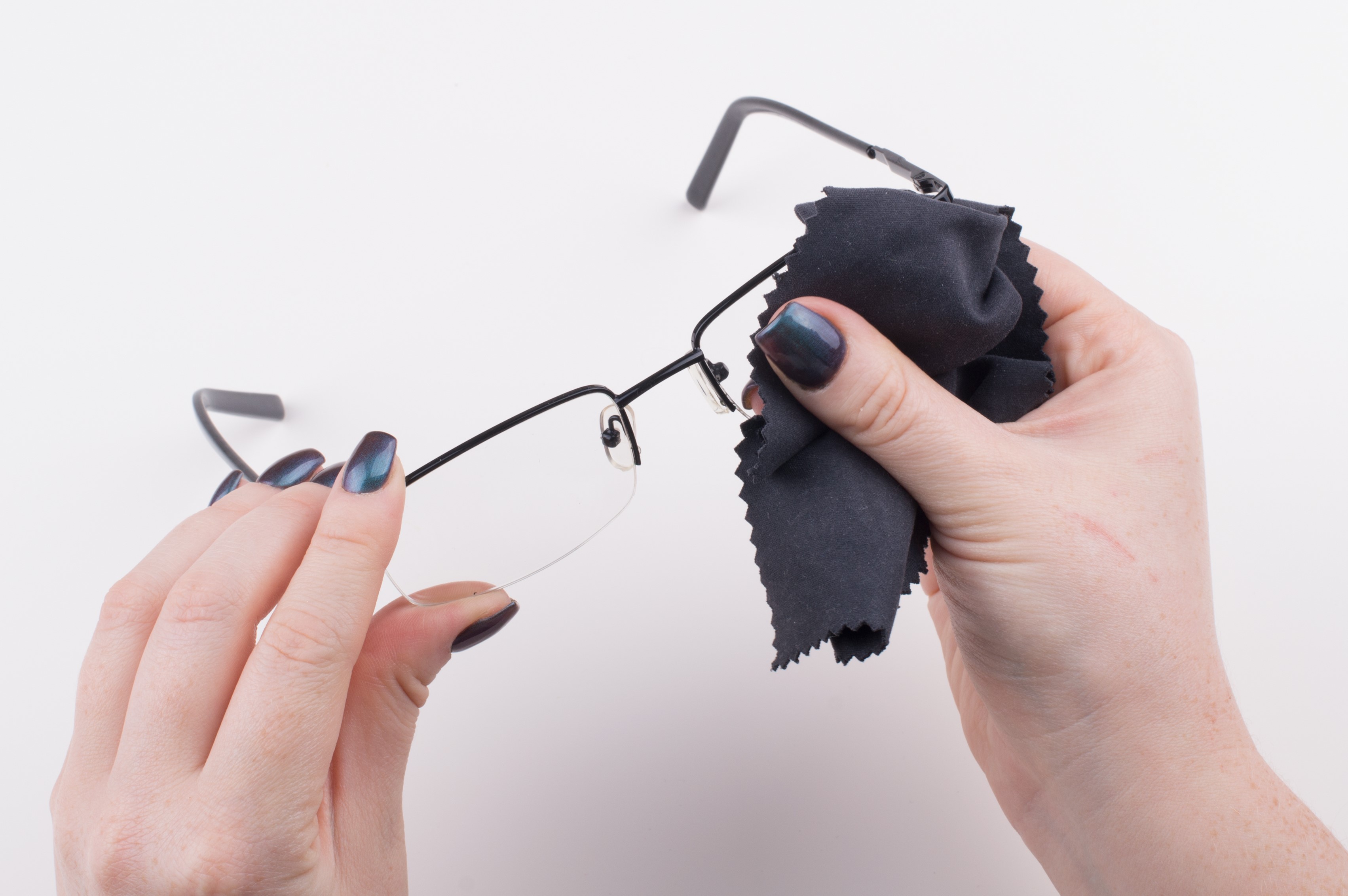
“We don’t see things the way they are. We see things the way we are.” Attributed to author Anais Nin and the Jewish Talmud.
In essence, two people, based on their different perspectives, can have two different points of view on the same topic. Just watch any news item reported on MSNBC and then on Fox.
Let’s evolve this powerful truism to: “We don’t see people the way they are. We see people the way we are.”
Most of our people problems stem from divergent perceptions, which are formed by our:
- beliefs, prejudices, biases
- experiences
- gender, ethnicity, generation
- geography
We then engage with people based on these perceptions – our foggy, smudged, cracked lenses.
My best friend, Lynnae, tried teaching me this throughout high school. As we walked down the halls and passed much cooler classmates, I would decry, “She is such a jerk.” And Lynnae would respond genuinely, “Well, she’s nice to me.”
My lenses were blurred by my own teenage insecurities, which created for me a perception that these girls were stuck up and conceited. But Lynnae didn’t have those same insecurities muddying her lenses, so her experience of our classmates was different than mine.
If only I had cleaned my glasses, I might have graduated with as many friends as Lynnae did!
When we let our lenses get clouded, blurred, or broken, we risk relationships with people.
We see people as we are – through the lens of our own biases, beliefs, and past experiences. And then we act as if we are seeing clearly.
The result? Disconnect. Disrespect. Judgment.
If we have any chance of leading people, we have to remember that everyone shows up with their own pair of glasses. We can’t clean their lenses, but we can clean (and replace!) our own.

